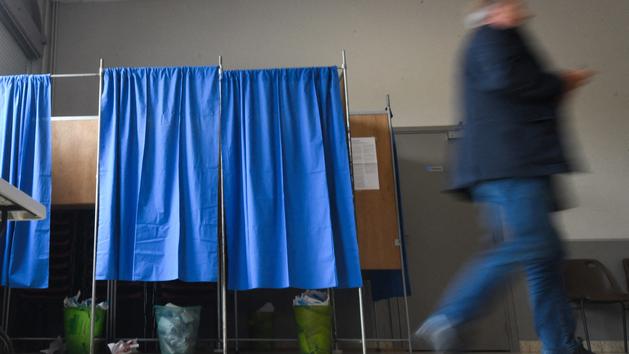How to strengthen electoral participation in the next elections?
The latest Ifop survey ordered by centrist senators is timely, in the midst of discussion on the postponement of three months for departmental and regional.
The parliamentarians wanted to assess the opinion of the French on six ways to consolidate participation in the coming elections, knowing that abstention is a major concern which had also pushed some department presidents to ask for a postponement of the elections scheduled for March.
Postal voting, electronic voting, proxy voting, blank voting, proportionality, extension of the voting time ... In this unprecedented study, among the six new tools likely to facilitate voter participation, postal voting does not arouse overwhelming enthusiasm.
A majority of 57% of favorable opinions appears, of which 20% "
completely favorable
" and 18% "
completely opposed
", but this solution arrives at the back of the pack.
And only 9% of respondents consider it an effective tool against abstention.
The postal vote is debated in the political class.
Matignon, the Ministry of the Interior and Jean-Louis Debré (the former president of the Constitutional Council has just submitted his report to the government) have reservations.
They point to certain questions related to organization, security and reliability.
Some elected officials, in particular the Modem, do not share this opinion and see the vote by mail as an opportunity to accelerate a transformation of French electoral tools.
According to the Elysee, Emmanuel Macron does not close the door to postal voting but he wants a political consensus on the subject.
This goal will not be easy to achieve because many are wary of this method, in light of the heated debates it is currently generating in the United States.
White vote in the lead
In the Ifop poll, the blank vote elicits the greatest number of favorable opinions.
81% of those polled believe that it should be taken into account in the calculation of the results as a vote cast.
For Hervé Marseille, president of the UC group in the Senate, these first two observations on the postal vote and the blank vote are not surprising.
“
Covid or not, mistrust of politics remains very high.
Many people find that voting or not voting does not change their life.
Abstention is also one of the marks of the five-year term.
It began in the legislative elections of 2017 and continued at a very high level in all the elections
”.
If Hervé Marseille remains skeptical of postal voting, he leaves the door open to think about it.
Moreover, the Senate will set up an information mission via the Law Commission to precisely define the contours of this vote and assess the means to secure it.
The senator wants to propose an experiment at the departmental or regional level.
Ifop's analysis also shows that the idea of including a proportional share in departmental and legislative elections garners 73% of favorable opinions, in second position.
This level of expectation may be explained by the fact that the calculation method already exists for regional and municipal authorities concerning towns with more than 1000 inhabitants.
Then, the relaxation of proxy voting, which would make it possible to expand the number of proxies per person to two, comes in third position, with 72% of respondents saying they are ready to support such a development.
Electronic voting and prudence
To increase participation, electronic voting is the method considered to be the most effective.
But faced with arguably the most modern tool in the arsenal proposed by senators, people seem cautious.
Voting on the Internet via their computer or smartphone is a hypothesis adopted by only 58% of those polled and rejected by 42%, including 19% "
completely opposed
", while these tools are nevertheless anchored in the daily life of many French people.
Finally, when the French are asked about the possibility of also extending the voting period (until Monday evening 8 p.m., for example), only 55% of them say yes.
All these elements are intended to nourish the reflection of centrist parliamentarians.
In particular, they want to methodically weigh the “
advantages and disadvantages
” of postal voting while, depending on their electoral territory of origin, elected officials do not share the same points of view on the subject.
In the meantime, the senator from Hauts-de-Seine intends to gather as many elements as possible to shed light on the debate but he also wishes to bring everyone back to the reality of a cruel observation. “
Whatever methods of voting are envisaged and the debates we may have on these means, that does not solve the problem. Because the basic question that we are all confronted with is the following: how can we revive the adhesion of French men and women to public action? How can we re-enchant political life?
“Asks Hervé Marseille.

